Content from the Brookings Institution India Center is now archived. After seven years of an impactful partnership, as of September 11, 2020, Brookings India is now the Centre for Social and Economic Progress, an independent public policy institution based in India.
This article first appeared in The Indian Express
The latest collection of P. Chidambaram’s articles is an indictment of India’s evolution as a liberal democracy
I was a panelist at a function in Mumbai recently to discuss P. Chidambaram’s latest book Fearless in Opposition: Power and Accountability. The book is a compilation of his weekly articles written in 2016 for this paper. It follows the compilation published in 2015 under the title Standing Guard: A Year in Opposition. Chidambaram was the lead speaker and there were two other panelists. The hall was overflowing and there were three former chief ministers of Maharashtra, all from the Congress, in the front row. I left the room dissatisfied with the thrust of the discussion.
I will explain the reasons for my dissatisfaction, but before that, let me say this book is a must read, even for those who read his weekly column regularly and have therefore “read” the book already. A bound copy of his articles read over a few hours rather than over 52 weeks brings into sharper focus the political, social and economic issues of significance during the past year and the thread that connects them. It also helps in understanding better the nature and complexity of governance. I should add that whilst Chidambaram pulls no punches in his criticism of the current government, his language is not polemical. His arguments are grounded on facts and driven by reason and logic. They are, therefore, compelling of reflection and debate.
I was disappointed because, I believe, we panelists lost an opportunity to press one of our more experienced and intellectually robust political leaders to reflect on the continuing relevance of our political and electoral system. We had this opportunity because Chidambaram had revealed, through the title of his books and the content of his articles, his deepening concerns about the widening chasm between the institutions of governance and the aspirations of the governed. The title words, “standing guard” and “fearless” suggest that Chidambaram saw (and sees) himself as not just a member of the “loyal opposition” in Parliament, but as a sentinel of the rights embedded in our Constitution .
The chapters, “If we kill dissent, we will kill liberty”; “My birth is my fatal accident “ and many others in a similar vein question the very content of our democracy. These are weighty captions for a person who has been in the vanguard of government for almost 30 years and must, therefore, bear, shared responsibility for the slippage in the quality of governance and institutions of government. So, my hope was that instead of engaging in an inevitably losing argument about the reasons for some of his decisions on taxes or in looking to score brownie points about his failure to deliver on promises made as home minister, the conversation would delve into the reasons for these concerns and in particular, his thoughts on how best to narrow the gap between, to quote him, “the majority in parliament and the majority of the people”. My hope was that we could push him to reflect on the continuing validity of our “first past the post Westminster style” electoral system which, to quote Amartya Sen, results in “not a majority winner but a plurality winner — a minority government that has secured the largest number of votes from amongst a number of candidates”.
My hope was belied and my disappointment compounded by the sense that neither Chidambaram, nor my fellow panelists shared my interest in engaging in such a discussion and there was greater interest in the past than the future.
In my view, Chidambaram’s book is an indictment of the nature of the evolution of our liberal democratic political system and the institutions undergirding it. This is not the conclusion I would necessarily have drawn after reading each article separately, over a year . For then, the charge of sedition against Kanhaiya Kumar for engaging in a debate in the precincts of his university or the lynching of Akhlaq for allegedly keeping beef in his home or the heart-rending accusation by Rohith Vemula in his suicide note that “my birth is my fatal accident” might well have been seen as misguided and tragic standalone events, reflecting less systemic weakness than local circumstances, of one-off consequence . But when these incidents involving a student, a Muslim and a Dalit are read one chapter after another, one cannot but conclude that there is something fundamentally amiss with our polity. The question has to be asked : Why, after 70 years of independence, is our society rent by such deep religious, caste, ethnic and class cleavages?
Similarly, I would have hesitated to infer from individual chapters that our institutions of governance have corroded. But when the chapters referencing the functioning of our judiciary, parliament and executive are read together and facts and statements, such as there are only 12 judges per every million people in India, there is a backlog of 5,94,68 cases in the Supreme Court (February 2106) and 4,153,957 in the High Courts ( December 2104), the bureaucracy operates in fear of the various vigilance commissions and the police are “lawless law enforcers”, are pulled together into one seamless critique, it is difficult to draw any other conclusion. It is certainly not my case that Chidambaram is responsible for this reality. Equally, Chidambaram cannot make the case that this is the consequence of two years of the Narendra Modi government.
Few will challenge the Churchillian comment that democracy is the worst form of government except for all the rest. Chidambaram’s book reinforces this point but suggests implicitly that democratic ideals may be difficult to realise under our current “first past the post “ electoral system. This because it encourages identity politics and “minorityism”. And it offers no mechanism for redress of public grievances between elections . As such, governments are elected “by “the people but governance is not “of “or”for” the people. Chidambaram may not agree with my interpretation but I was certainly hoping the panel would get him to reflect on the need and practicality of an alternative electoral narrative.
The views are of the author(s).
The Brookings Institution is committed to quality, independence, and impact.
We are supported by a diverse array of funders. In line with our values and policies, each Brookings publication represents the sole views of its author(s).
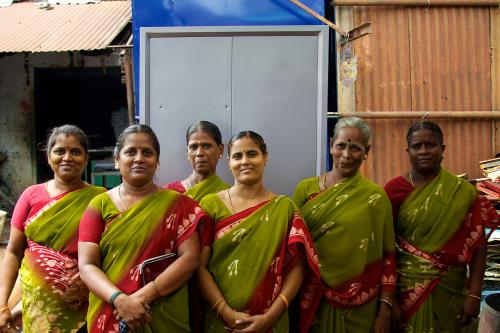
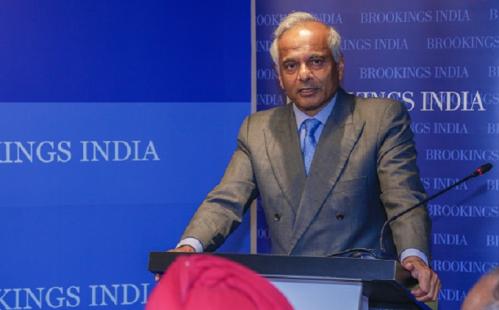
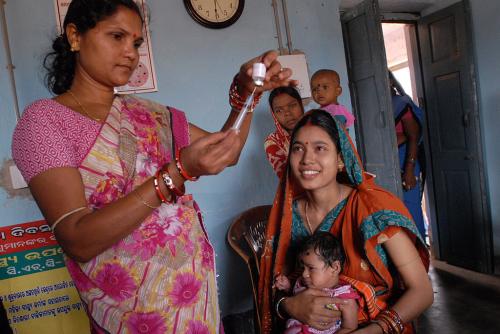
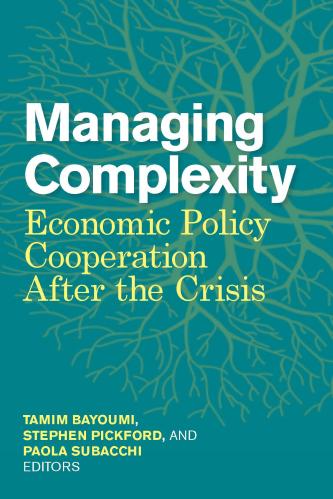
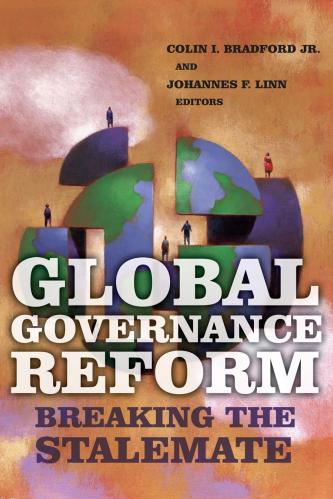
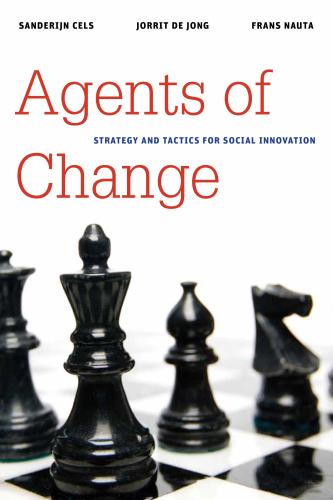




Commentary
Op-edA sentinel’s censure
March 6, 2017